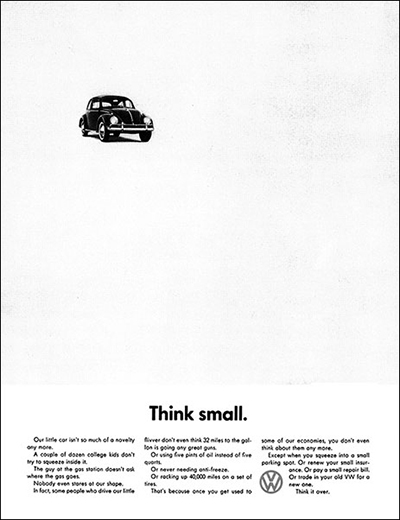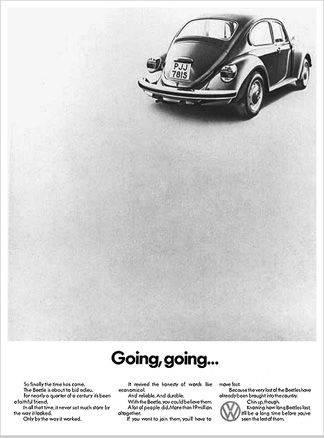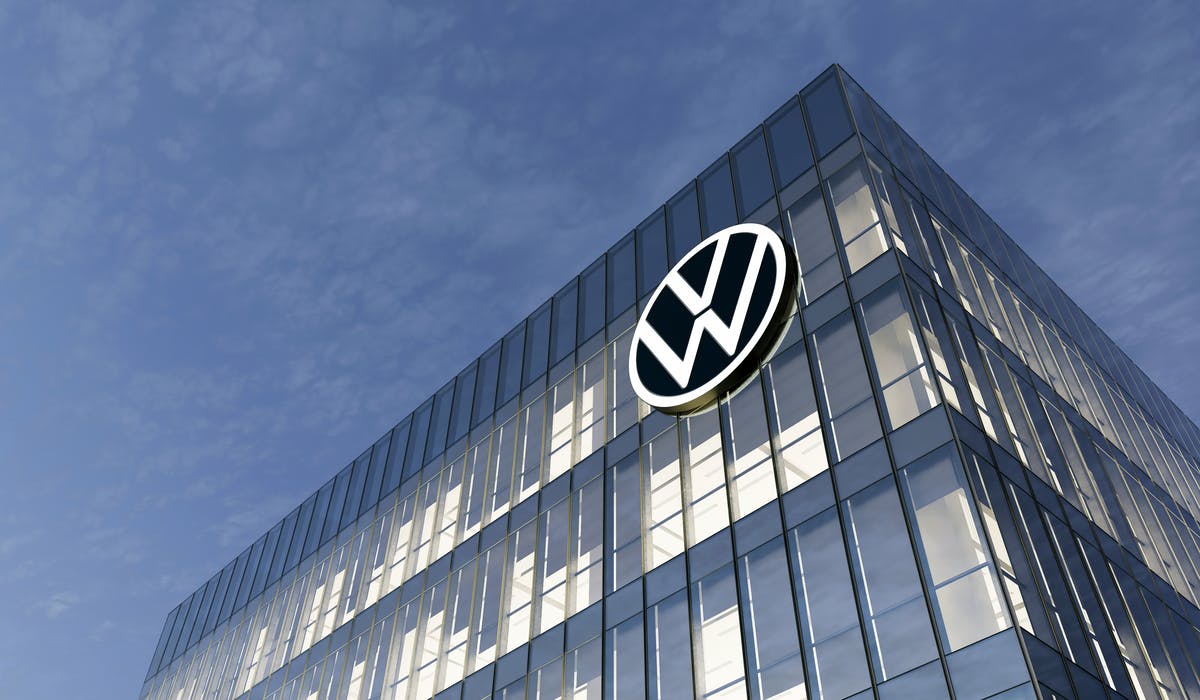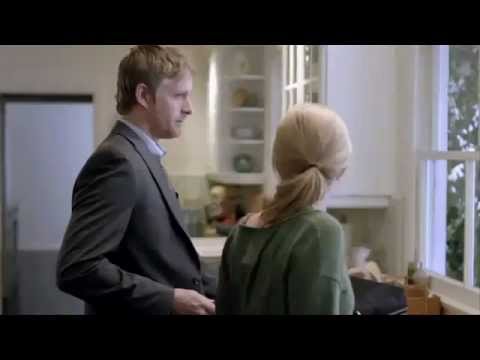Volkswagen, commonly abbreviated as VW, is a German automotive company founded in 1937. The company’s headquarters are located in Wolfsburg, Lower Saxony, Germany. Volkswagen is the original and largest brand within the Volkswagen Group, which also includes other car brands such as Audi, Porsche, Lamborghini, Bentley, Bugatti, Skoda, and SEAT.
Volkswagen is known for producing a wide range of vehicles, including passenger cars, SUVs, commercial vehicles, and luxury vehicles. Some of its most well-known models include the Volkswagen Beetle, Golf, Passat, and Jetta.
In recent years, Volkswagen has been a leader in the development of electric vehicles, with models such as the Volkswagen ID.3 and ID.4. The company has also been working to improve the sustainability of its manufacturing processes and reduce its carbon footprint.
Volkswagen is one of the world’s largest automakers and has a presence in markets all over the globe. It is known for its innovative engineering, reliability, and high-quality vehicles.
Brand Campaigns of Volkswagen
Volkswagen has been known for its creative and innovative brand campaigns over the years. Some of the most notable campaigns are:
“Think Small” (1960s)
The “Think Small” brand campaign was launched by Volkswagen in the 1960s, and it is widely considered as one of the most successful campaigns of all time. The campaign was created by the advertising agency Doyle Dane Bernbach, and it focused on promoting the Volkswagen Beetle in the US market.
At the time, American cars were big, flashy, and often impractical. In contrast, the Volkswagen Beetle was small, simple, and affordable. However, these features were seen as disadvantages by many American consumers who were used to larger and more extravagant cars. The “Think Small” campaign aimed to turn these perceived weaknesses into strengths.
The campaign consisted of a series of print ads that featured minimalist designs and clever copywriting. The ads showcased the Volkswagen Beetle’s small size and unique features, such as its air-cooled engine, and positioned the car as an alternative to the larger, more extravagant American cars of the time.
The ads were highly effective in creating buzz around the Volkswagen Beetle and increasing its popularity in the US market. The campaign’s success was due in part to its clever use of irony and humor, which helped to engage consumers and make the car seem more approachable and relatable.


In addition to its immediate success, the “Think Small” campaign had a long-lasting impact on the advertising industry. It demonstrated the power of creative, unconventional advertising, and it helped to establish Doyle Dane Bernbach as one of the most innovative and influential advertising agencies of the time.
Overall, the “Think Small” campaign was a landmark moment in Volkswagen’s history and in the history of advertising. It showcased the power of creative, innovative branding, and it helped to establish Volkswagen as a major player in the US automotive market.
“The Darth Vader Kid” (2011)
“The Darth Vader Kid” was a brand campaign launched by Volkswagen in 2011 to promote the Passat sedan. The campaign featured a television commercial that quickly went viral and became a pop culture phenomenon.
The commercial features a young boy dressed in a Darth Vader costume attempting to use “the Force” to move various objects around his house, including a doll and the family dog. He is then shown trying to start his father’s Volkswagen Passat using the same “Force” powers, but to no avail. The boy’s father then secretly starts the car from inside the house using a remote starter, and the boy is surprised and thrilled to see the car starting up as he tries to use his powers on it.
The commercial was a major success, with millions of views on YouTube and social media. It resonated with audiences by combining humor and relatability with the popular Star Wars franchise, and it showcased the Passat’s key features, including its remote starter and advanced technology.
The campaign was successful in creating significant brand awareness for Volkswagen and generating interest in the Passat sedan. It also helped to solidify Volkswagen’s reputation as a fun and creative brand, capable of connecting with audiences in a meaningful and entertaining way.
Overall, “The Darth Vader Kid” campaign was a standout example of effective brand marketing, using a combination of humor, nostalgia, and popular culture to connect with audiences and promote the Volkswagen Passat. It remains one of Volkswagen’s most iconic and memorable advertising campaigns to date.
“The Fun Theory” (2009)
“The Fun Theory” was a brand campaign launched by Volkswagen in 2009 with the aim of promoting its environmentally friendly cars. The campaign was based on the idea that making environmentally conscious behavior fun and enjoyable can encourage more people to adopt sustainable habits.
The campaign consisted of a series of viral videos that featured fun and creative ideas for encouraging eco-friendly behavior. One video, for example, showed how a set of stairs that looked like a giant piano could encourage people to use the stairs instead of an escalator. Another video showed how a recycling bin that made a satisfying sound when used could encourage more people to recycle.
https://www.youtube.com/watch?v=SByymar3bds
The “Fun Theory” campaign was hugely successful, with the videos generating millions of views on YouTube and social media. The campaign showcased Volkswagen’s commitment to sustainability and innovation while also demonstrating its ability to think creatively and outside the box.
The campaign was successful in generating significant buzz and awareness for Volkswagen’s environmentally friendly cars. It also helped to position Volkswagen as a fun and innovative brand that is committed to making a positive impact on the world.
Overall, “The Fun Theory” campaign was a standout example of effective brand marketing that combined sustainability, innovation, and fun to create a memorable and impactful message. It demonstrated Volkswagen’s ability to think creatively and connect with audiences in a meaningful and engaging way
“The People’s Car Project” (2011)
The People’s Car Project was a brand campaign launched by Volkswagen in China in 2011. The campaign was aimed at engaging with Chinese consumers and soliciting ideas and feedback for the development of a new Volkswagen car specifically designed for the Chinese market.
The campaign was centered around an interactive website where consumers could submit their ideas and designs for a new Volkswagen car, as well as vote and comment on the ideas submitted by others. The website also featured a range of online tools and resources to help consumers develop and refine their ideas, including 3D modeling software and design tutorials.
The campaign was a huge success, with over 119,000 ideas submitted and more than 33 million votes cast. The ideas submitted ranged from practical improvements to existing Volkswagen models to completely new and innovative designs.
Volkswagen used the feedback and ideas gathered from The People’s Car Project to inform the development of a new car specifically designed for the Chinese market. The car, called the Volkswagen Lavida, was launched in 2012 and was a major success, becoming one of the top-selling cars in China.
The People’s Car Project was successful in creating significant engagement and interest among Chinese consumers and helping Volkswagen to develop a car that was specifically tailored to the needs and preferences of the Chinese market. The campaign also helped to position Volkswagen as a brand that is committed to engaging with consumers and listening to their feedback and ideas.
Overall, The People’s Car Project was a standout example of effective brand marketing that leveraged the power of crowdsourcing and interactive digital tools to create a truly collaborative and engaging campaign.
“Das Auto” (2007-2015)
“Das Auto” was a brand campaign launched by Volkswagen in 2007. The campaign was designed to reinforce Volkswagen’s position as a leading car manufacturer and emphasize the company’s commitment to quality, engineering, and innovation.
The campaign centered around the tagline “Das Auto”, which translates to “The Car” in English. The tagline was intended to convey Volkswagen’s confidence and pride in its products, while also emphasizing the brand’s German engineering heritage and reputation for precision and excellence.
The campaign featured a range of print, TV, and digital ads, as well as social media content and experiential marketing initiatives. The ads showcased Volkswagen’s different models, highlighting their design, performance, and features, and positioning them as superior and iconic cars.
The campaign was highly successful and helped to reinforce Volkswagen’s position as a leading car brand. The “Das Auto” tagline became synonymous with Volkswagen and was widely recognized and admired by consumers around the world.
However, in the wake of the 2015 diesel emissions scandal, Volkswagen faced criticism for its “Das Auto” campaign, with some accusing the brand of promoting an overly confident and self-assured image that was not reflective of its actions.
In response, Volkswagen discontinued the “Das Auto” tagline in 2016, acknowledging that it had become outdated and no longer aligned with the brand’s values and priorities. The move was part of a broader rebranding effort aimed at promoting transparency, accountability, and sustainability, and restoring consumer trust in the brand.
Overall, the “Das Auto” campaign was a notable example of effective brand marketing that leveraged the power of a simple yet powerful tagline to create a distinctive and memorable brand identity. While the campaign faced criticism in the wake of the diesel emissions scandal, it remains a key part of Volkswagen’s brand heritage and legacy.
“Drive Bigger” (2019)
The “Drive Bigger” campaign is a recent brand campaign launched by Volkswagen in 2019. The campaign is designed to emphasize Volkswagen’s commitment to sustainability, innovation, and social responsibility.
The campaign centers around the tagline “Drive Bigger”, which is intended to convey Volkswagen’s ambition to create a better future for all, and to inspire its customers and partners to think and act in more impactful ways.
The “Drive Bigger” campaign features a range of print, TV, and digital ads, as well as social media content and experiential marketing initiatives. The ads showcase Volkswagen’s different models, highlighting their advanced technology, safety features, and sustainability credentials, and positioning them as vehicles that can help customers make a positive difference in the world.
In addition to promoting its products, the campaign also showcases Volkswagen’s broader commitment to sustainability and social responsibility. For example, the campaign highlights Volkswagen’s partnership with The Conservation Fund, a non-profit organization focused on conservation and environmental protection, and features stories of real Volkswagen customers who are making a positive impact in their communities.
The “Drive Bigger” campaign has been well-received by consumers and industry experts alike, and has helped to reinforce Volkswagen’s position as a brand that is committed to innovation, sustainability, and social responsibility. The campaign has also helped to differentiate Volkswagen from its competitors, by emphasizing the brand’s unique values and priorities, and showcasing its products in a more purposeful and impactful way.
Overall, the “Drive Bigger” campaign is a notable example of effective brand marketing that leverages the power of purpose-driven messaging to create a distinctive and memorable brand identity. By emphasizing its commitment to sustainability and social responsibility, Volkswagen is able to connect with customers on a deeper level, and inspire them to think and act in more impactful ways.
Overall, Volkswagen’s brand campaigns have been highly successful in creating brand awareness and loyalty, while also promoting the company’s unique features and initiatives. These campaigns have often been innovative and creative, reflecting Volkswagen’s commitment to quality and innovation.
Also Read: The Volkswagen Group: A Deep Dive into the Company’s Portfolio of Brands
To read more content like this, subscribe to our newsletter






